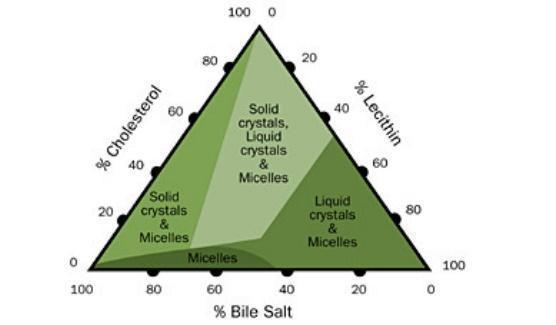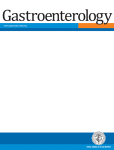Some people on the forum have complained of potential gallbladder stones and/or inflammation. This study says aspirin may be of some help.
http://www.ncbi.nlm.nih.gov/pubmed/2114725
"...This article reviews our present knowledge concerning the so-called sludge, an echographic entity, which is formed by mucus and cholesterol microcrystals. Several physiological and pathological states are associated with gallbladder sludge. Experimental data suggest that sludge could precede gallstones and that aspirin could be used as a preventive agent against the appearance of gallbladder sludge and stones."
http://www.ncbi.nlm.nih.gov/pubmed/2114725
"...This article reviews our present knowledge concerning the so-called sludge, an echographic entity, which is formed by mucus and cholesterol microcrystals. Several physiological and pathological states are associated with gallbladder sludge. Experimental data suggest that sludge could precede gallstones and that aspirin could be used as a preventive agent against the appearance of gallbladder sludge and stones."



